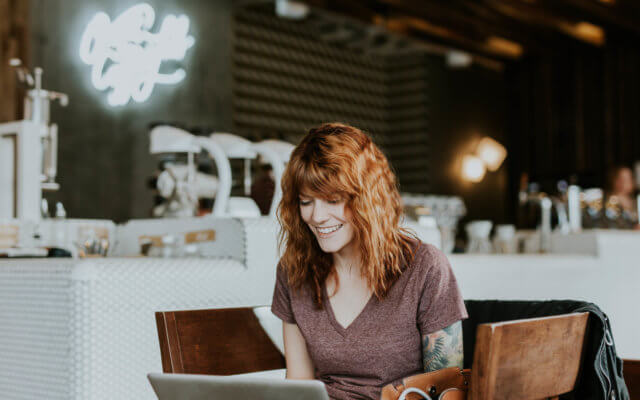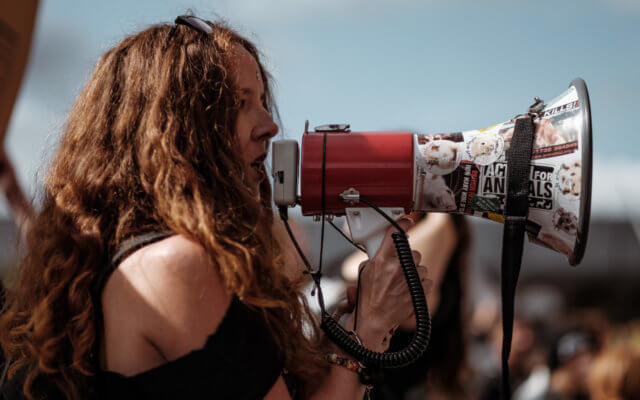Programme & action: Youth in Action, action 4.3. training course
Venue: Bédeille, France
Dates: 15-25 June 2014
Participants: Jana Kohoutová, Kamila Klašková, Veronika Kůsová, Tomáš Seidl, Daniel Hron, Martin Soták
Please read the project booklet.
Project report:
On June 15 to 25, we participated in the project “Disabilities”, which took place in the foothills of the Pyrenees in a small village Bedeille, about 80 km from Toulouse.
At the airport we picked up one of the organizers of the French and imported to us instead. Environment, where we spent 10 great days were wonderful. The old rustic farmhouse in the middle of nature untouched by man just brimmed with romance. Upon arrival in Bedeille we went through the farm and are familiar with the environment. To sleep, we were offered two places. We could sleep in “Yurth” (see photo below), or on beds inside the house. Ladies from the Czech team decided to tent.
Slowly we started to get acquainted with other participants. A big disappointment for us was that two of the five countries with the training course did not take part. Thus, the course had to do without Slovenia and Poland next 10 days we comradeing and worked with Estonians and the French, but which we had no problem at all.
Activities:
Probably the most major activity was the “Theatre of the Oppressed,” which we showed at the end of the course at a nearby elementary school to show the children how they should behave in certain adverse situations. Children from this school with tasks, which should correct images to help the downtrodden, coping really well. They were very attentive and sharp.
More interesting was the day with “Ocupational therapist” where we miss from Estonia during the presentation outlined the various issues of disability, which was very beneficial, and finally, we had a workshop on “deafblind”. For me personally very powerful experience to try to manage deafblind and try for yourself how it can be annoying not to see and hear.
Another workshop was held on the topic of music therapy. Unfortunately lasted only an hour, but that hour we all really enjoyed and I think we even really relaxed.
The last workshop covered the tablet for the disabled. Thomas clearly showed us how to operate the tablet voice, touch, but also just by moving your head. Very interesting workshop, showing how technology can greatly simplify the lives of disabled people.
One of the most interesting days was the day handisport Image where we tried a lot of sports for the disabled. For example handivoleyball, archery, blowpipe and petanque.
We also visited several French organizations that support disabled people integrate into society. Interesting idea may be a center for people with mental disabilities, which created its own network of stores and restaurants in which distributes its own food products, in the center of grown or produced (fruits, vegetables, trees and flowers).
The project was a series of discussions and polemics. We discussed such as the role of the hearing impaired in mainstream society (the issue of demarcation and separation) about what support should be provided to people with disabilities, employers, and what not. We argued about effective methods of promoting the interests of people with disabilities in society. We agreed on the limited effectiveness of restrictive legislative measures, we agreed that we in the integration of disabled people should concentrate on effective education and motivation for accepting the surrounding society.
An interesting finding of the training course was that although France is one of the most advanced countries, the issue of handicapped there is very behind. For example, in most places around Toulouse are a barrier, traffic lights at crossings are not a sound guide lines are almost impossible to find. For example, a support center at the University of Toulouse exist, as a result, then study for disabled becomes impossible.
In contrast, support for disabled people in Estonia, however, it is very forward and Estonia could be a positive example in terms of the social system against people with disabilities, which is very efficient, helpful and human.
The training course was generally beneficial and very interesting. The theoretical part followed the practice revitalized and enriched the overall impression of the whole course. Organization of the European Youth Centre in Břeclav and organizers from France is great thanks, as well as Erasmus +, from which the course was financed.
The “Disabilities” was already my second project, and certainly not the last. Thanks!!
Jana Kohoutová


